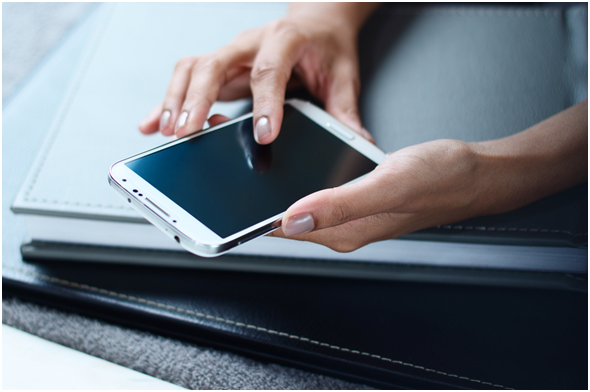I remember the first time I ever saw a PDA, the predecessor to the modern tablet. It was the size of an EFTPOS terminal and was running a stripped back version of Microsoft Windows. By today’s standards, it looks laughable, but back then, a computer running in the palm of your hand was incredible.
My friend and owner of this (deep) pocket-sized marvel demonstrated it playing a janky version of Age of Empires. I was blown away. I begged my friend to lend it to me, to which he scoffed “sorry mate this was expensive, go buy your own”
Fine, I will buy my own, I thought, feeling incredibly excited about the future of portable PC’s.
That was back in 2006; it turns out PDA style computers had been around for nearly ten years before I even encountered one. A few years later, the first iPad was released, and for a moment, it looked like handheld computers were set to kill off the laptop and become the standard for portable, personal computing.
Except they didn’t.
Laptops are more popular than ever, without much change in their design and functionality. Why is this? And what happened to the PDA format? Interestingly, I believe the answer to both these questions is the same.
Smartphones
Yep, the first true smartphones were indeed released before the iPad, but after PDA’s had started to gain traction as a device. A smartphone is all the utility of a PDA with the added cellular network connectivity. As the technology got smaller and more efficient, there was no demand for a palm-held computer; they already existed in smartphone form.
Smartphones also inadvertently stymied the tablet too, as smartphones got bigger and more powerful, we saw the lines between tablet and phone start to blur. More people spend time on their smartphones for leisure and social interactions and less time on productivity. The humble laptop remains the choice for those looking to get some work done.
Tablet designers are still trying to persuade us that tablet PCs are good for work and play, and the touchscreen input does offer some interesting creative options over a mouse and keyboard set up, but still, the keyboard remains the preferred method of input for most people.
Same same
Unfortunately for tablet PC’s, smartphones offered everything that a tablet or PDA did, but with the ability to browse the internet while traveling, in a smaller form factor. Laptops still offer superior input options, performance, and thermal efficiency while remaining more durable and, on average cheaper to buy.
Tablet PCs like Apple’s iPad and Samsung’s Galaxy Tab are very popular and in their own rights, amazing devices. They are thin, light, and super portable and have access to a huge library of applications via their respective web stores. For browsing the web, chatting to friends, or casual gaming, nothing beats a tablet PC. Tablets have found use in the field of medicine, with hospital staff using them in daily operations for data logging and visual aid.
The popularity of tablets and smartphones exploded over the last decade, carving out an entirely unique industry. The latest generations of devices are capable machines, with real-world applications in a variety of fields. Now it is rare to see a family living room without at least one iPad Air in use.
Touch screen computers were innovative, transformative, and a perceived threat to the computer industry. Now we see that tablets offer a different experience to a laptop, one that can be enjoyed in parallel, not opposition. No, the tablet didn’t kill the laptop; some could argue that it only made it stronger.

